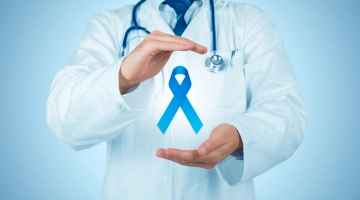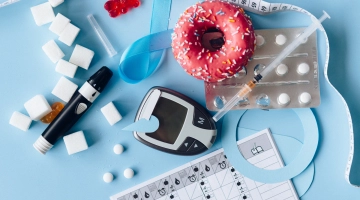After reaching 30, a woman's body enters a new phase, and various health changes may begin to emerge. It’s important to not only care for your physical well-being but also to regularly visit specialists for preventive measures. A gynecologist plays a vital role in maintaining women's health, and the questions you ask during visits will help you stay informed about changes and prevent potential health issues. Here are the key questions to ask your gynecologist:
-
How often should I have a gynecological check-up?
After 30, it's crucial to undergo annual gynecological exams. The gynecologist will check your cervix, perform a Pap smear, and conduct other necessary tests. Discuss with your doctor how often you should get checked, depending on your health status and history. -
Do I need additional tests for infections or conditions?
At 30, it’s important to monitor the health of your reproductive system, especially if you've had sexual partners with higher risks of infections. The gynecologist may recommend tests for sexually transmitted infections like chlamydia, gonorrhea, HPV (human papillomavirus), and others. -
When should I start mammography or breast ultrasound screenings?
Mammography and breast ultrasound screenings become essential after 30, especially if there is a family history of breast cancer. Discuss with your gynecologist when you should begin these screenings and how often you need them. -
How can I prevent age-related changes in my reproductive system?
After 30, changes in estrogen and progesterone levels can affect your menstrual cycle, fertility, and overall health. Discuss with your gynecologist preventive measures, including a balanced diet, physical activity, and any supplements that may support your reproductive health. -
How can I maintain hormonal balance?
Hormonal imbalances can lead to issues like irregular periods, acne, mood swings, and weight gain. Ask your gynecologist about methods for maintaining hormonal balance, including contraceptive options and tests to assess your hormonal health. -
Which contraception methods are best for me after 30?
If you're not planning to get pregnant yet, it’s important to discuss suitable contraception options with your gynecologist. The doctor will help you choose the most effective and safe method based on your health and lifestyle. -
How can I protect myself from cervical and ovarian cancer?
Preventing cervical cancer through regular Pap smears and HPV vaccination is a key part of women’s health after 30. Talk to your gynecologist about these preventive measures and whether vaccination is recommended for you. -
What should I do if I experience painful periods or other symptoms?
Painful periods, irregular cycles, or other symptoms may indicate conditions like endometriosis, fibroids, or polycystic ovary syndrome. Discuss your symptoms with your gynecologist for timely diagnosis and treatment. -
How should I prepare for menopause?
Although menopause typically occurs between 40 and 50 years of age, it’s important to be prepared for its onset. Discuss the signs of menopause and how to manage this phase, along with tips for maintaining your health during the transition. -
Which supplements or vitamins can support my health?
After 30, your body may require additional vitamins and minerals, particularly vitamin D, calcium, and omega-3 fatty acids. Ask your gynecologist which supplements can help support your overall health and prevent age-related changes.
Regular gynecological visits and preventive screenings are vital for maintaining women’s health. Don't hesitate to ask your gynecologist any questions and stay proactive in taking care of your body as it undergoes natural changes.





